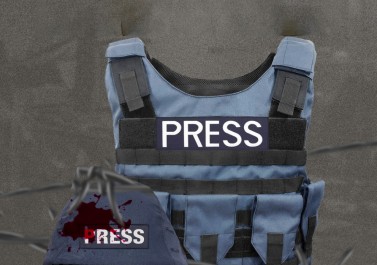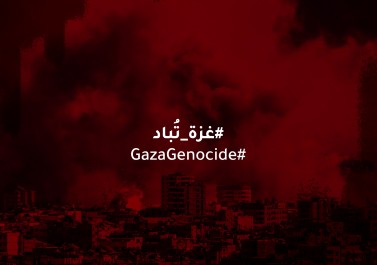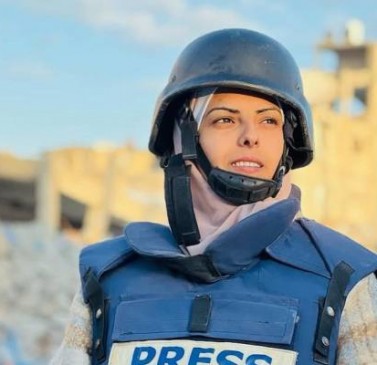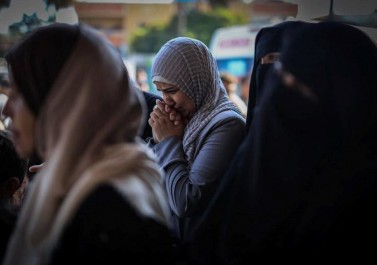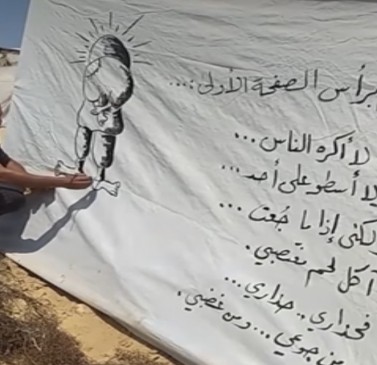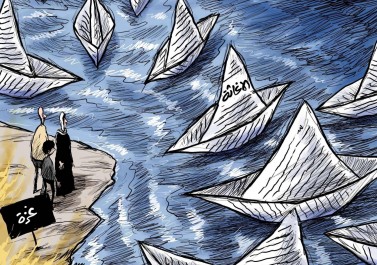:Gaza- Nawa Network- Filastiniyat
For over two months, the crossings has been completely closed, and no humanitarian aid has entered Gaza, not even flour, food, or medicine. During this time, families in the strip have been struggling to survive amidst a real famine crisis, where even bread the simplest staple of life has become unavailable.
Flour, one of the most essential forms of aid needed by the people in Gaza, is no longer available except in the memories of bakeries, or on the black market shelves at prices that most residents cannot afford. Amidst this catastrophe, mothers did not sit idly by; they began to invent alternative ways to make bread, even if it didn’t taste like the bread children are used to.

In many homes, boiled pasta has become the primary dough ingredient. Mothers boil it, mash it, and knead it by hand to transform it into dough that is then baked on a hot griddle and served to children as "bread." It may not have the same flavor, but it is a means of survival.
Rania Rajab, a displaced mother living in a shelter in the middle of Gaza, says, "Pasta wasn’t considered a meal for lunch, it became the flour we use to make bread. I never imagined I would cook pasta and knead it, but today this is the only solution so my children don’t go to bed hungry."
As the reliance on pasta increases, the demand for it has risen dramatically, making it yet another scarce and expensive commodity. Prices have doubled, and pasta has become out of reach for poor families, plunging Gaza into a new cycle of food-related suffering.

We reached out to nutritionist Sahar Osrf, who lives in Gaza, amidst the famine, and she said: "Using pasta as a substitute for flour may be a temporary solution, but it does not provide the necessary nutrients, especially for children. This kind of 'bread' lacks proteins, vitamins, and iron, which exposes children to severe malnutrition that may have immediate and long-term consequences."
At one shelter, we met Huda Khalifa , a mother of four, who was holding her youngest child, Omar, aged three. She said with sadness: "Every night he wakes up crying and says: 'Mom, I want bread.' I give him a piece of pasta dough, but he’s never full. He’s getting weaker every day, and his face has turned pale from hunger."
"This is bread, but it tastes weird. Mom makes it so we can live, not because it’s delicious."
In another scene at the same shelter, we found seven-year-old Jood Baroud holding a small piece of "pasta bread" in her hand, smiling innocently as she said: "This is bread, but it tastes weird. Mom makes it so we can live, not because it’s delicious."
These stories reveal the daily pain experienced by the residents of Gaza, especially the children who know of the war only through its deprivation of bread. Despite all these hardships, mothers in Gaza remain symbols of resilience and innovation, turning pasta into bread, and turning helplessness into hope.
In Gaza, heroism is not measured by weapons, but by a piece of bread made from nothing, feeding a hungry child and keeping mothers' hearts full of love and determination.











